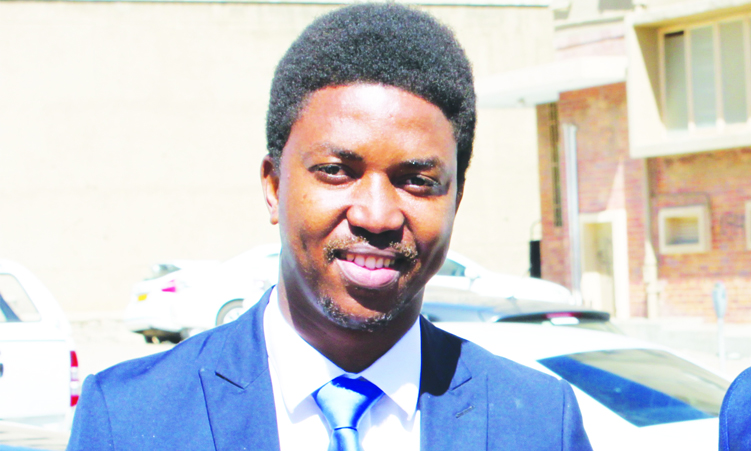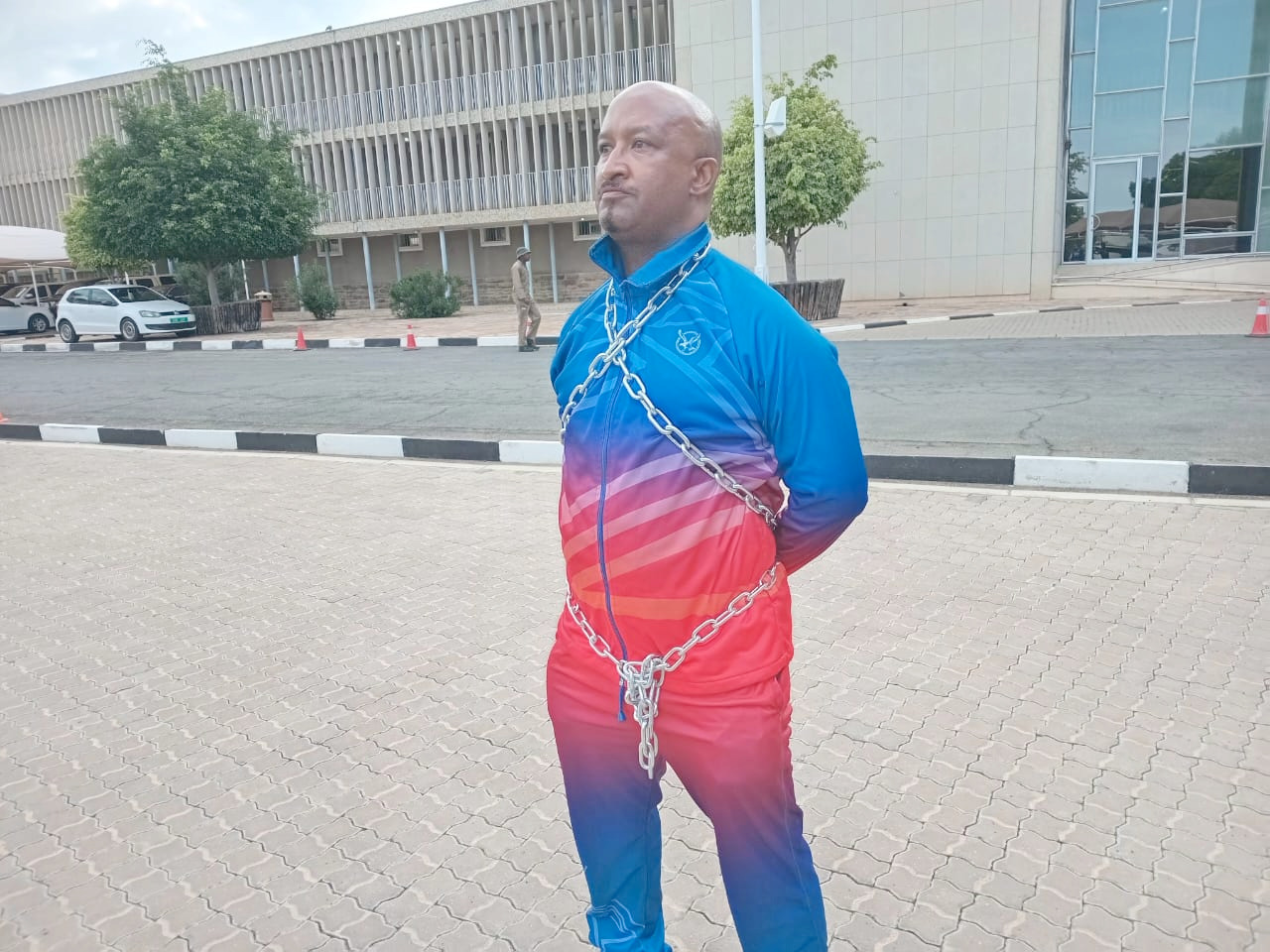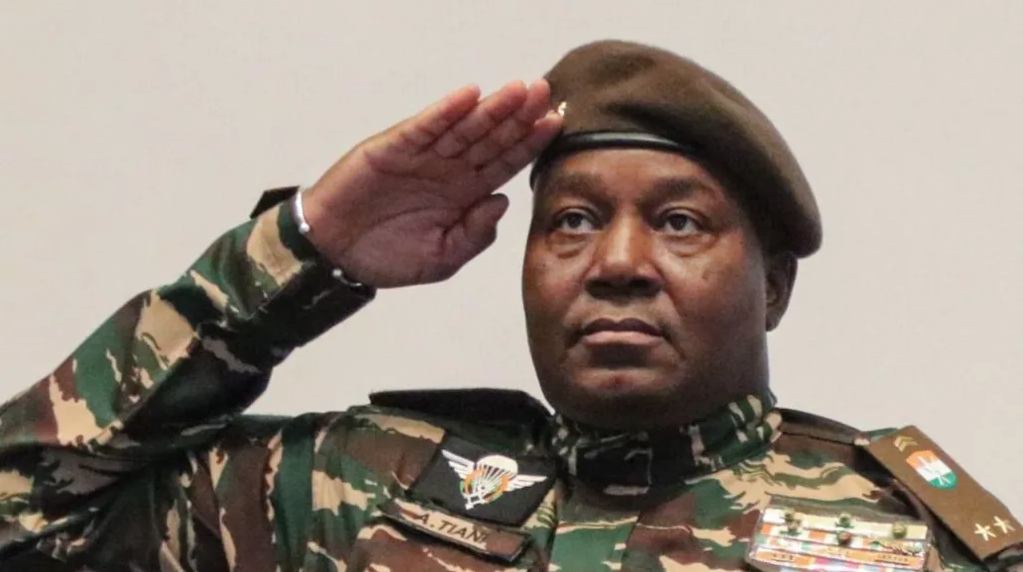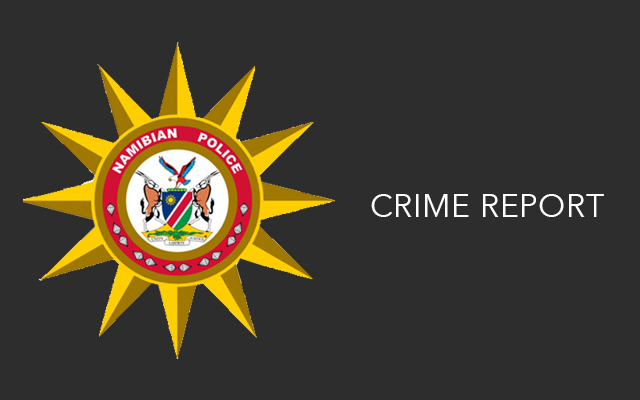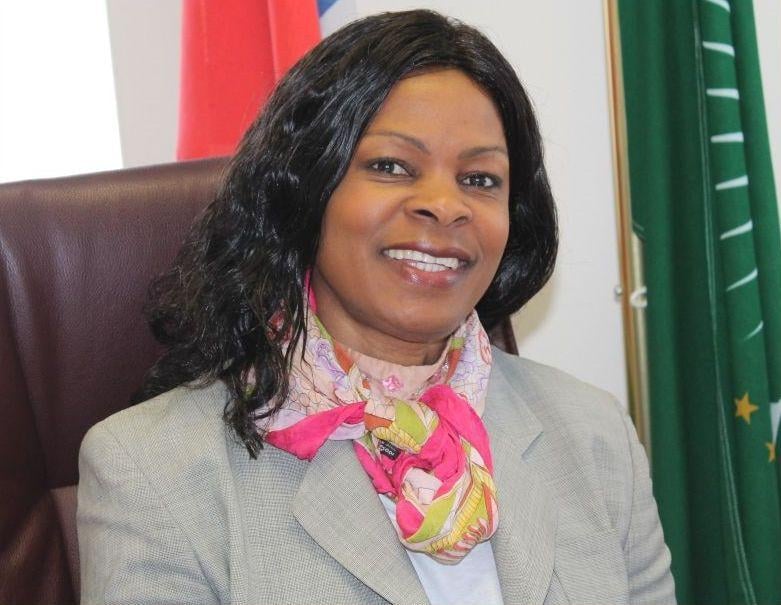ALLEGED investment scam operators Michael Amushelelo and Gregory Cloete want to have their trial in the Windhoek High Court put off until the court has ruled on a constitutional challenge against a section of the Criminal Procedure Act that was used to collect evidence in their case.
With Amushelelo and Cloete making their latest pretrial appearance before deputy judge president Hosea Angula in the High Court yesterday, their defence lawyer, Kadhila Amoomo, informed the judge they want to raise the same issues that are addressed in a pending constitutional challenge of a section of the Criminal Procedure Act.
As a result, Amoomo suggested that his clients’ case should be put on hold until the constitutional challenge – aimed at a part of the Criminal Procedure Act’s section 179 – has been decided.
Amushelelo (31), Cloete (34) and four close corporations, a company and a trust controlled by Amushelelo are accused of having operated a Ponzi scheme, in which money was solicited from investors who were lured by promises of high returns on their investments, from September 2018 to October 2019.
The state is alleging that the money which investors entrusted to Amushelelo and Cloete, believing their funds were to be traded in foreign exchange markets, was not invested and that later investors’ money was used to pay back earlier ones’ funds.
Investors allegedly paid a total amount of about N$14,7 million to Amushelelo and Cloete.
According to the state, Amushelelo and Cloete had no independent income reflected in the bank accounts through which investors’ money was channelled.
Angula postponed the two men’s case to 6 December, to await the outcome of the case in which the Criminal Procedure Act’s section 179 is under attack.
In that matter, a Windhoek couple due to be prosecuted on fraud and other charges involving about N$2 million, Manga Nawa-Mukena and Joseph Mukena, are asking the court to declare the Criminal Procedure Act’s section 179(1)(b) unconstitutional. The couple also want the court to review and set aside all notices issued in terms of that section of the act during the investigation of their case, and to declare that documents obtained through such notices are inadmissible as evidence or was obtained unconstitutionally.
Section 179(1)(b) gives police officers the power to give a written notice to someone that requires the person to attend criminal proceedings in court and produce specified documents and other evidence.
In an affidavit filed at the High Court in May this year, Nawa-Mukena claims the section is unconstitutional because it is vague, can result in an invasion of privacy, and can be abused, as it does not provide for judicial oversight when such a notice is to be issued.
In an answering affidavit also filed at the court, prosecutor general Martha Imalwa disputes the argument that the section which Nawa-Mukena and Mukena are complaining about is unconstitutional.
Imalwa states: “The section enables the state to procure the attendance of necessary witnesses to give evidence or to produce any book, paper or document in criminal proceedings in a lower court.”
There is no need for judicial oversight before a notice calling on a witness to go to court to give evidence or produce documentary evidence is handed to a witness, as a judicial officer has no role to play in the prosecution’s decision to call a witness, Imalwa says.
In her affidavit, Imalwa also admits the police used the notices in question to obtain information and documents during their investigation – whereas the notices are meant to summon a witness to court.
The admissibility of the evidence collected by the police is something that should be decided during the couple’s trial, and not in the application they have filed, Imalwa says as well.
Stay informed with The Namibian – your source for credible journalism. Get in-depth reporting and opinions for
only N$85 a month. Invest in journalism, invest in democracy –
Subscribe Now!




